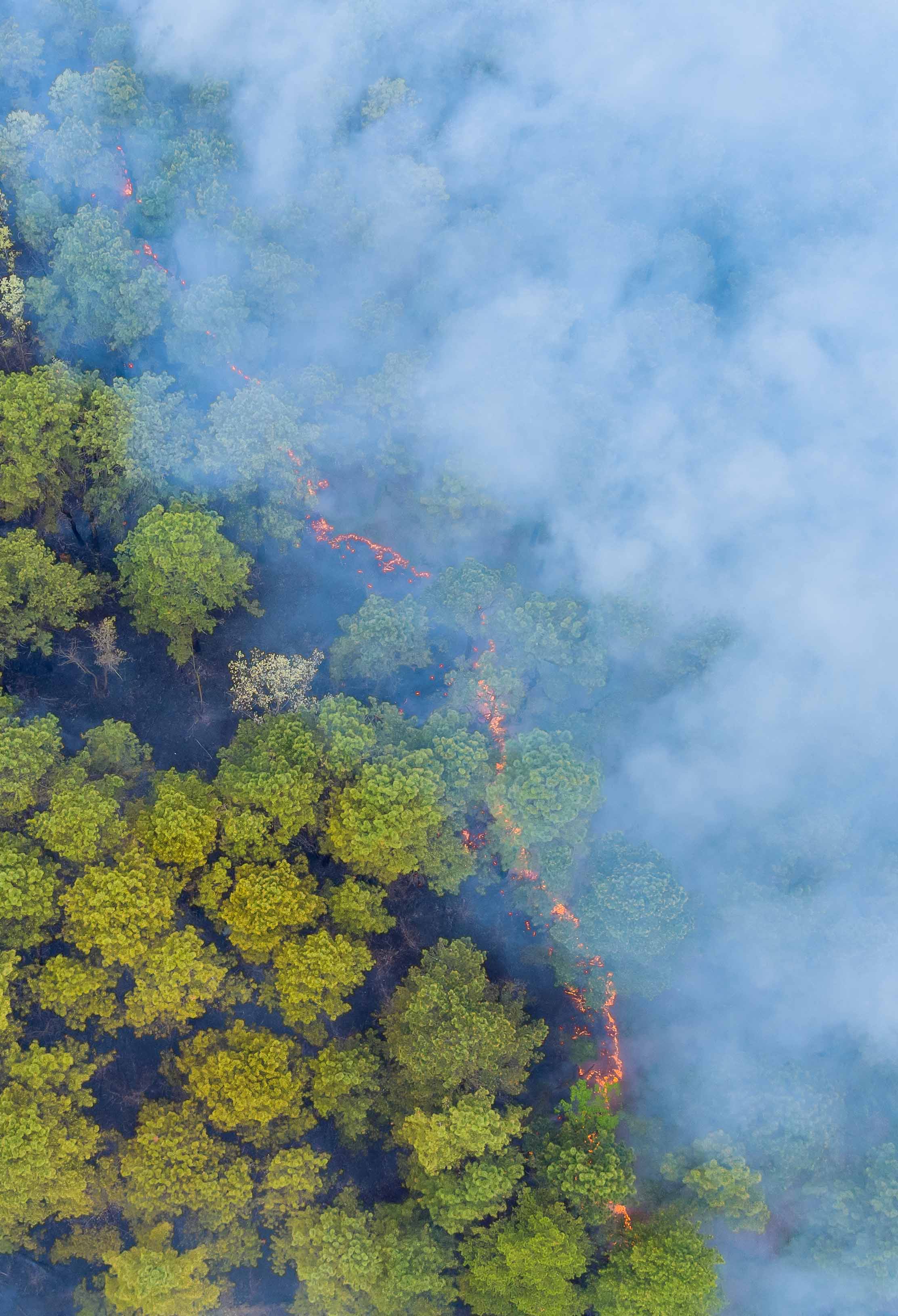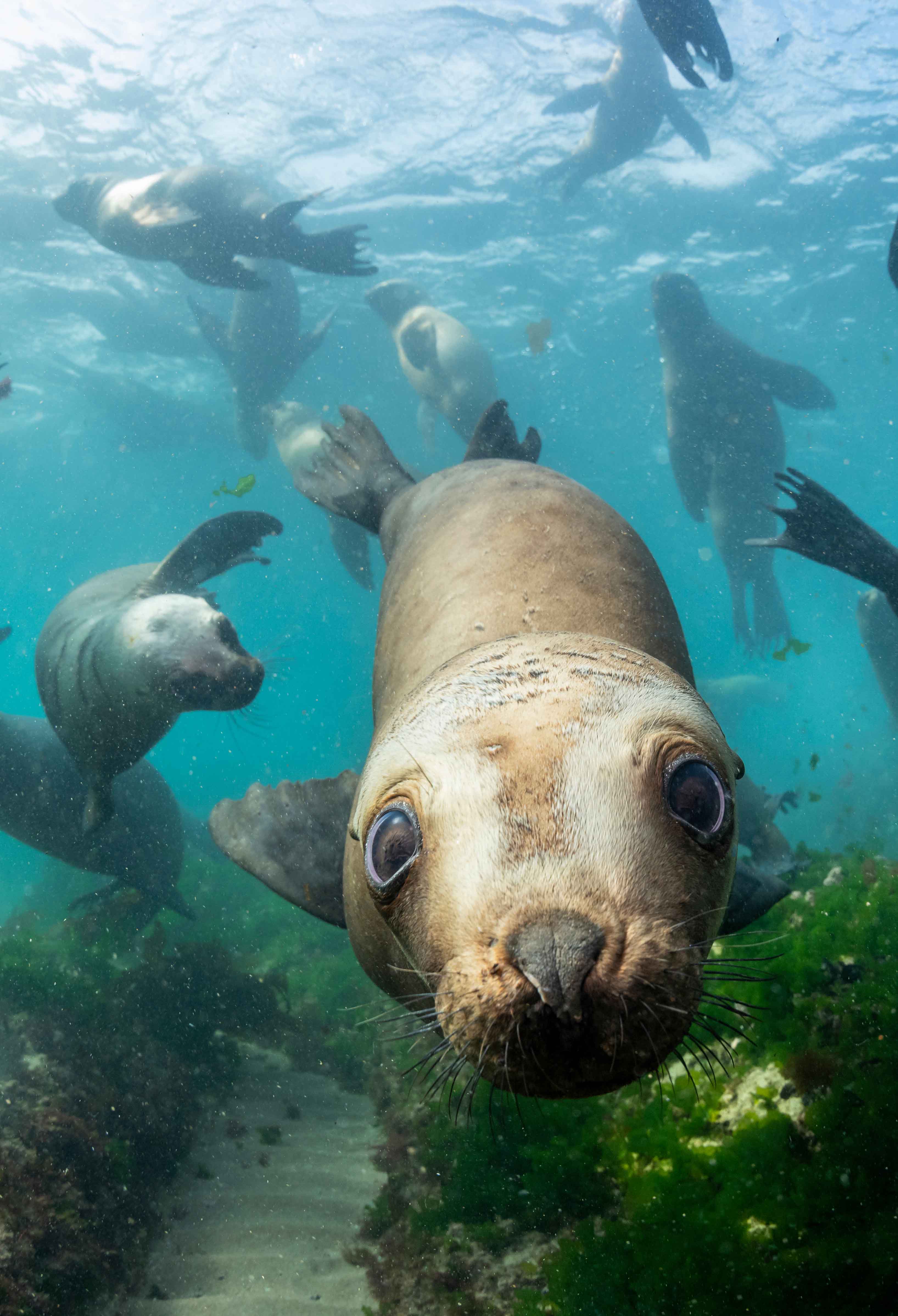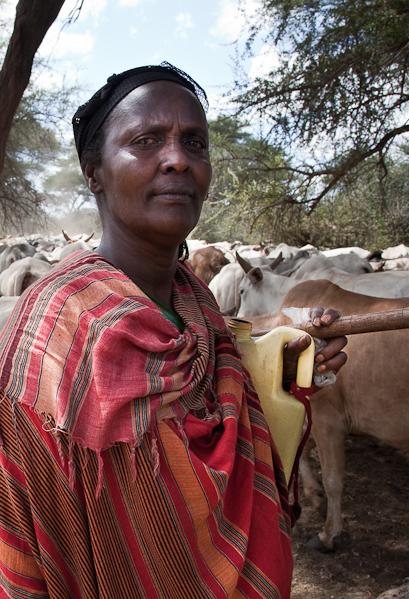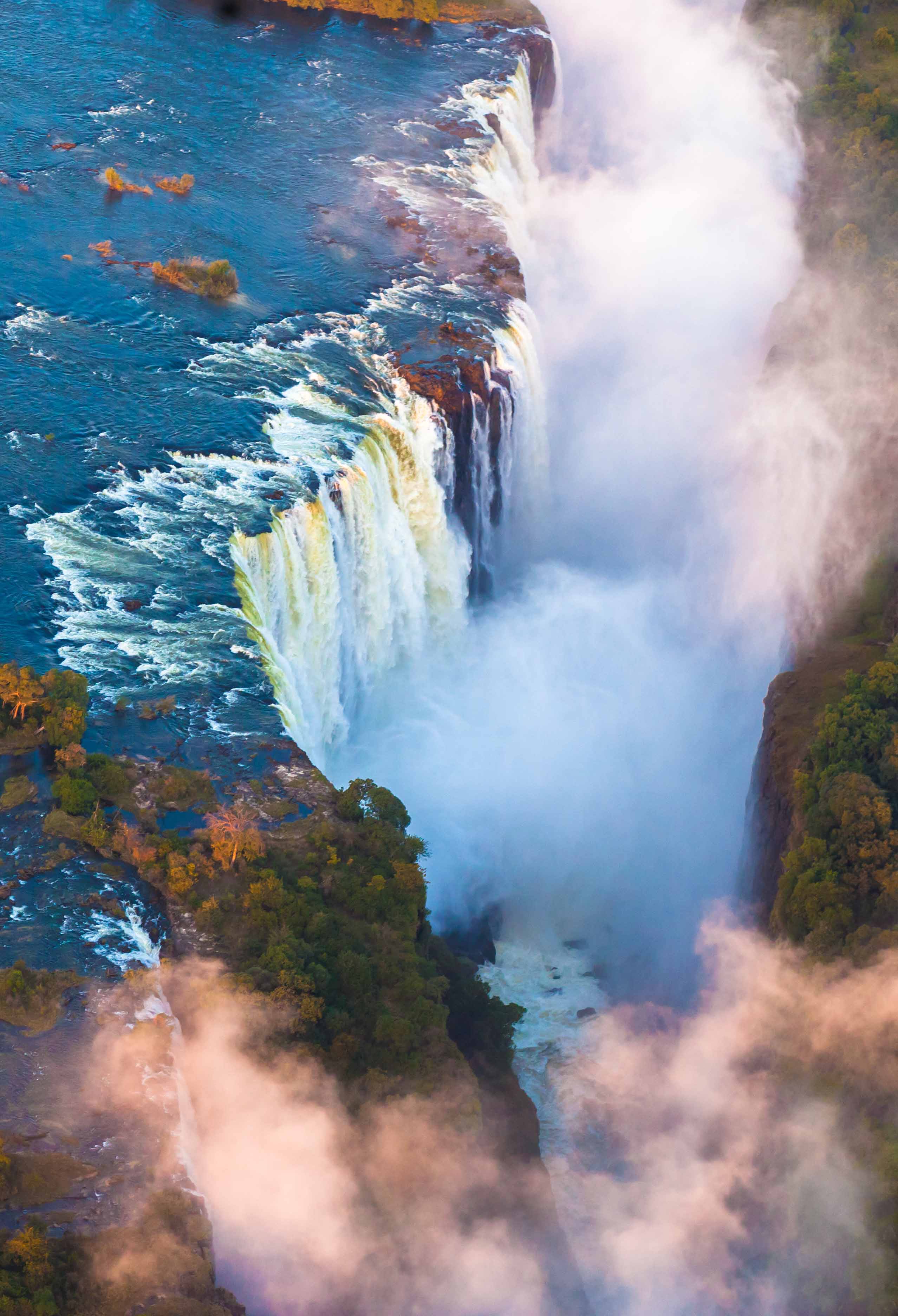Our Ambition
By 2030, the status of biodiversity is stabilised across intact landscapes, areas where economic activities take place, and urban environments. Conventional models of land and natural resource exploitation, and perverse incentives including property rights without recognition of environmental obligations, are replaced by integrated conservation and sustainable use frameworks that effectively respect and balance the needs of people and nature.












